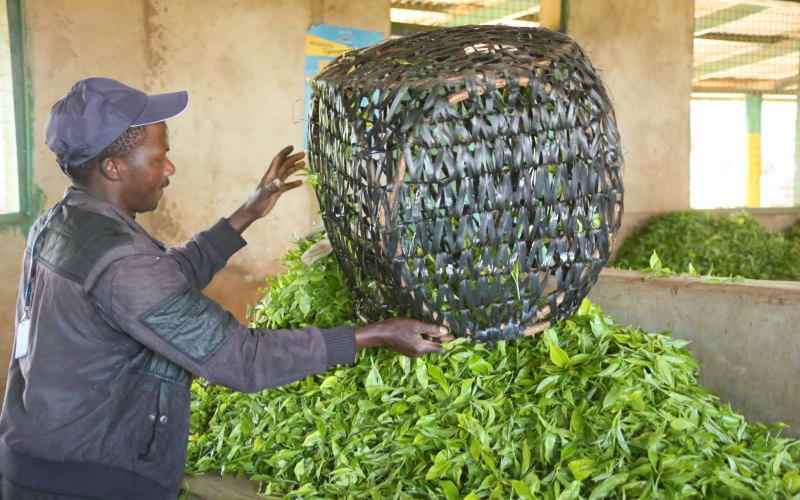×
The Standard e-Paper
Join Thousands Daily

The Agriculture ministry wants the National Treasury to remove value-added tax (VAT) on tea and coffee to create more jobs along the two value chains.
It says this will attract more firms to package and add value to produce locally.